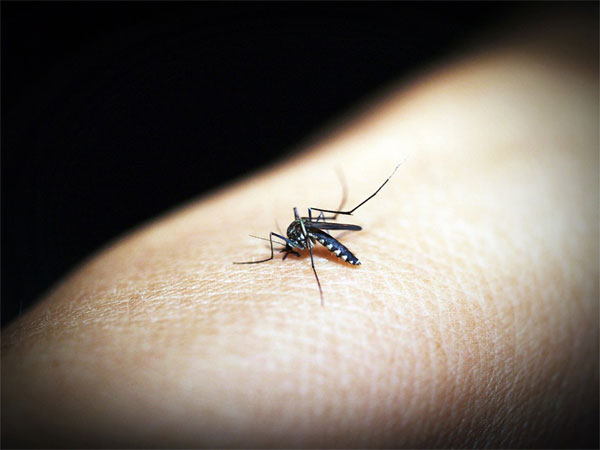Daijiworld Media Network - Vientiane
Vientiane, Aug 24: In a bold and eco-conscious move to combat dengue fever, Laos is expanding its deployment of Wolbachia-infected mosquitoes—tiny, lab-enhanced insects now playing a key role in the country’s public health strategy. Building on the success of a 2022 pilot programme, these special mosquitoes are now being released across seven districts of the capital, Vientiane, aiming to protect even more communities from the life-threatening virus.
The method, which involves releasing mosquitoes carrying the Wolbachia bacterium, is gaining widespread public and scientific support. Once released, the Wolbachia-infected mosquitoes breed with local Aedes aegypti mosquitoes—the main transmitters of dengue—passing on the bacteria to their offspring. Wolbachia does not harm humans or the environment, but it reduces the mosquito’s ability to transmit dengue and other viruses like Zika and chikungunya.

The expansion of this programme follows promising results: the 2022 pilot protected 32 villages and nearly 86,000 people. According to the Lao Ministry of Health, the impact has been substantial. From January to June 2025, only 2,614 dengue cases were reported nationwide—a sharp decline from the 5,192 cases in the same period of 2024. Importantly, no dengue-related deaths were recorded in the first half of this year, compared to three during the same period last year.
Residents have praised the initiative for its effectiveness and its environmentally friendly approach. “I feel satisfied that our government has chosen a method that not only helps prevent and reduce the spread of the disease but also shows concern for environmental protection,” said Khonesavanh, a local resident, highlighting public confidence in science-backed solutions.
Medical professionals, too, are urging continued vigilance. “Dengue can be tricky—it often goes undiagnosed early and can become severe quickly,” said Molakod, a medical student. She lauded the government’s proactive approach but emphasized that individual and community action remain vital.
That sentiment is shared by Vientiane resident Nilamon, who stressed the importance of public cooperation. “The government is doing its part, now we have to do ours,” she said. “Keep your homes and surroundings clean. Don’t give mosquitoes a place to breed—especially in the rainy season.”
Despite the progress, challenges remain. As of August 16, Laos had recorded 6,746 dengue infections and one related death, with Vientiane alone reporting over 3,400 cases—making it the hardest-hit region so far this year.
Officials and residents alike agree: the fight against dengue is far from over. But with science, community participation, and sustainable strategies like Wolbachia on their side, Laos is making steady strides in turning the tide against the mosquito-borne menace.